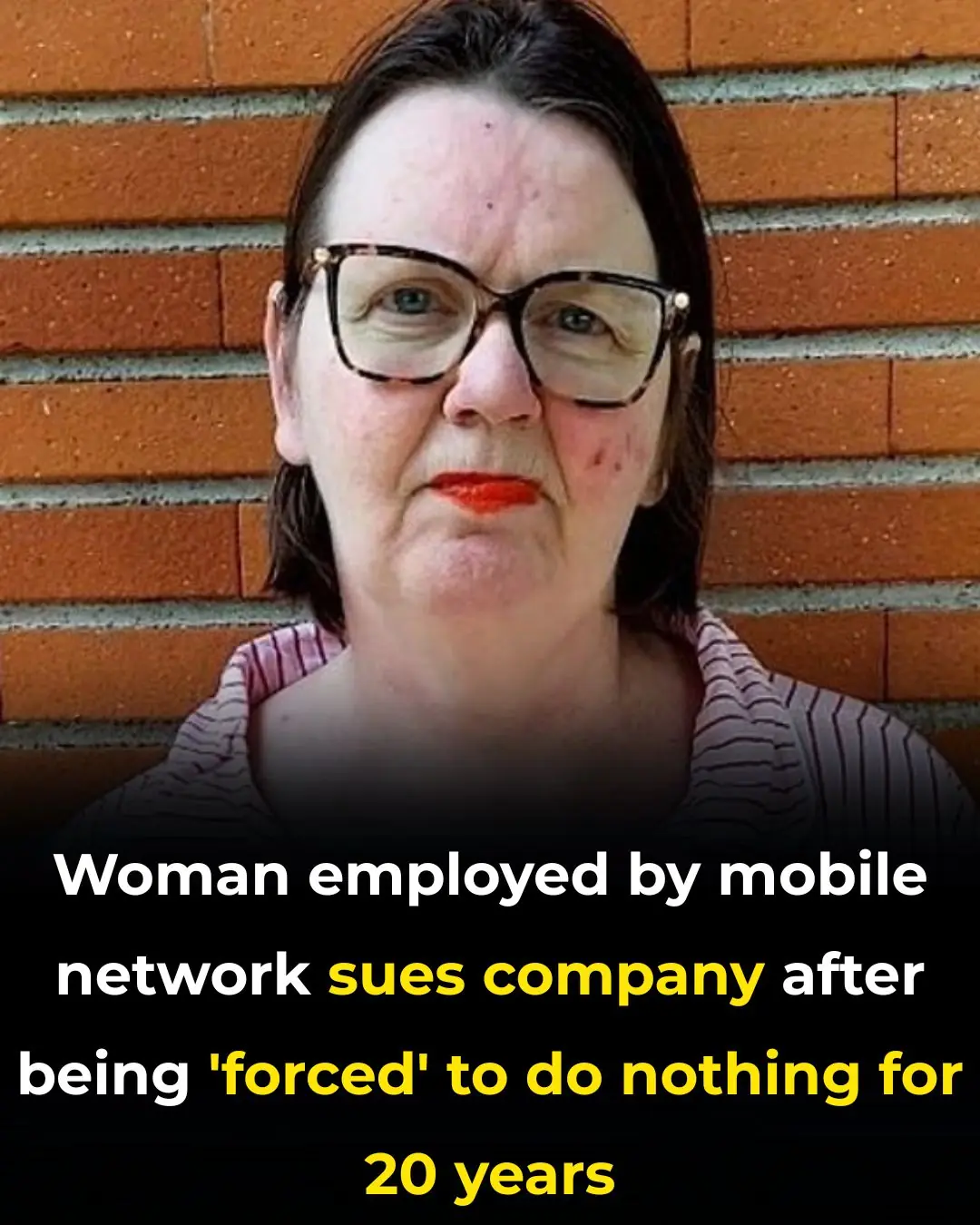
This School Is Teaching Teen Girls Important Life Skills Like Changing Tires and Other Car Maintenance
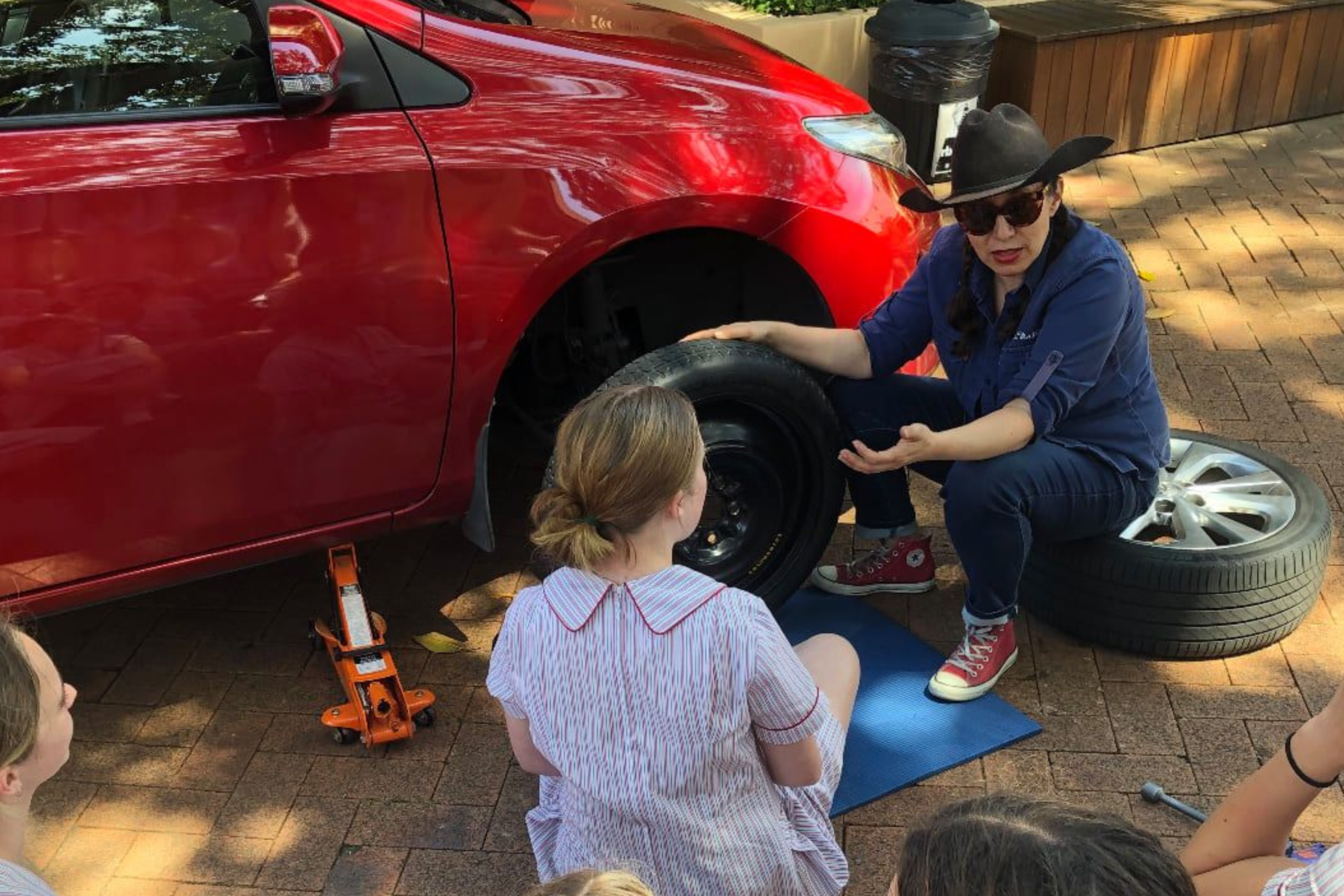
When Preparedness Meets Reality: Building Real-World Confidence
Imagine this: you’re stranded on a quiet country road. Your car won’t start. Your phone has no signal. There’s no one in sight. In those moments, confidence isn’t just a feeling — it’s action. True self-reliance doesn’t come from theory; it’s revealed when life throws a curveball and you know exactly what to do.
Life rarely announces its challenges in advance. Yet, our traditional education systems often overlook the real-world skills needed to handle such situations. Academic success is valuable — no one denies that — but practical know-how is what transforms fear into calm, confusion into action, and uncertainty into confidence.
Quiet Capability: One Skill at a Time
Breaking down on an empty road might feel overwhelming for someone who has never learned basic car maintenance. But for those who know how to check their oil, refill coolant, or swap out a flat tire, the experience becomes manageable — not catastrophic. What separates those two realities isn’t luck. It’s preparation.
This kind of quiet, steady capability is exactly what a group of Year 11 girls in Sydney recently experienced. Instead of spending the day in a standard classroom, they stepped into the world of hands-on, practical learning.
Led by Galmatic, a woman-run organization that has already empowered more than 100,000 teenagers across Australia, the students at Stella Maris College were introduced to the fundamentals of car maintenance and roadside safety.
These lessons were never just about spark plugs, tire gauges, or dipsticks. They were about independence. Every simple task — checking fluid levels, tightening a bolt, or even learning the feel of properly inflated tires — reminded these young women that confidence is built, skill by skill, through experience. One real-world exercise can flip the switch from “I can’t” to “I know how,” planting a seed of resilience that will last a lifetime.
Why Practical Skills Matter More Than Ever
At Stella Maris College, the car workshop was part of the school’s Essential Life Skills program, an initiative designed to complement academics with lessons in self-reliance.
Grouped in small teams, the students tackled everyday situations new drivers often face but rarely feel prepared for: how to safely handle a roadside breakdown, check tire pressure, or respond calmly after a minor fender bender. By the end of the session, what once seemed intimidating felt routine.
Eleni Mitakos, Galmatic’s founder, believes that teaching teens these skills prevents small inconveniences from escalating into crises. “Confidence grows when young people see they can take control of a situation,” she explains. Her team’s work has reached over 100,000 students nationwide, embedding not just automotive knowledge but also problem-solving and critical thinking.
For both parents and educators, the results spoke for themselves. Students left with a newfound sense of competence and a quiet confidence that only hands-on learning can deliver. This wasn’t just about cars — it was about empowerment.
A Community that Cheered Them On
When Stella Maris College shared news of the workshop online, the response was immediate and enthusiastic. Parents, alumni, and community members flooded the post with praise.
Parents, in particular, recognized the long-term value of these lessons. Kristy Smith described it as “the type of education our kids need in every school,” while alumna and parent Kathryn Bran called the experience “really worthwhile,” sharing that it even sparked meaningful family conversations over dinner.
Former students chimed in too. Patricia Brizzi urged, “All high schools — especially girls’ schools — should do this,” and Peta Brown reflected on how much she valued similar lessons during her time studying automotive electronics. Others, like Nina Gordon, summed it up simply: “This is really smart. It should be taught everywhere.”
One commenter humorously lamented, “Why weren’t we taught this!!” — a sentiment that drew plenty of agreement and laughter from others. Beneath the humor, though, was a serious message: communities crave a more practical, relevant approach to education, one that equips young people for the unpredictable realities of adult life.
Life Skills: More Than Just a Bonus
Academic honors may look impressive on paper, but they won’t help you change a tire, balance a budget, or remain calm during a minor emergency. The truth is, too many students graduate prepared for exams but unprepared for everyday life.
Surveys reveal that one in three high school graduates feels ill-equipped for life after school. The gaps go beyond technical knowledge — they touch on emotional readiness, problem-solving, and resilience.
Life skills programs fill that void. They do more than teach how to perform a task; they foster adaptability, emotional intelligence, and confidence from the inside out.
Research supports this. A study in India found that adolescents who participated in life-skills training showed a 66% rise in school attendance, stronger self-belief, and more equitable gender attitudes. Similarly, the World Health Organization identifies problem-solving, decision-making, empathy, and emotional regulation as core life skills — all crucial in today’s fast-paced, unpredictable world.
Employers are echoing this sentiment. Across the United States and the United Kingdom, hiring managers frequently note that while graduates may have academic knowledge, many lack adaptability, teamwork, and real-world problem-solving — traits that determine success far beyond the classroom.
Research from the University of Sydney and IZA further underscores adolescence as a critical window for building traits like grit, self-control, and emotional resilience. Introduce these skills early, and you equip young people with tools they’ll carry for life — through school, work, and personal relationships.
Everyday Ways to Build Real Confidence
You don’t need a formal program to start developing practical skills. Here are simple, effective ways anyone can build confidence and capability:
-
Learn one new skill each month
Start small: check your car’s oil, patch a wall, cook a simple meal, or create a budget. Tiny, consistent steps build lasting confidence. -
Watch and do, not just read
Pair written instructions with short video tutorials and hands-on practice. Experience cements knowledge in a way theory alone never can. -
Ask someone to teach you
Family members, neighbors, or friends often have a wealth of skills they’re happy to share — from fixing appliances to resetting a circuit breaker. -
Stay calm when things go wrong
Next time you face a minor mishap — a power outage, a flat tire, or a missed train — slow down, assess, and act methodically. Calm thinking is a skill in itself. -
Make learning collaborative
Turn skill-building into a shared activity. Teach kids to check tire pressure, assemble an emergency kit, or troubleshoot Wi-Fi together. It builds capability and strengthens bonds.
What Preparedness Feels Like
For the students at Stella Maris, the workshop provided more than mechanical knowledge. It was a hands-on exercise in resilience. Each student left not just knowing how to check fluids or change a tire but with the quiet assurance that they could take control when something goes wrong.
Preparedness doesn’t grow from reading manuals or memorizing instructions; it grows through doing. And as these young women discovered, that readiness doesn’t just change how you handle a stalled car — it changes how you walk through the world.
When you know you can handle life’s unpredictable turns, you carry yourself differently: steadier, calmer, and with the quiet confidence that comes from being prepared.
News in the same category


Indiana Woman Arrested After Traveling To DC To Kidnap And Assassinate Trump

Why Slugs Deserve More Credit Than You Think
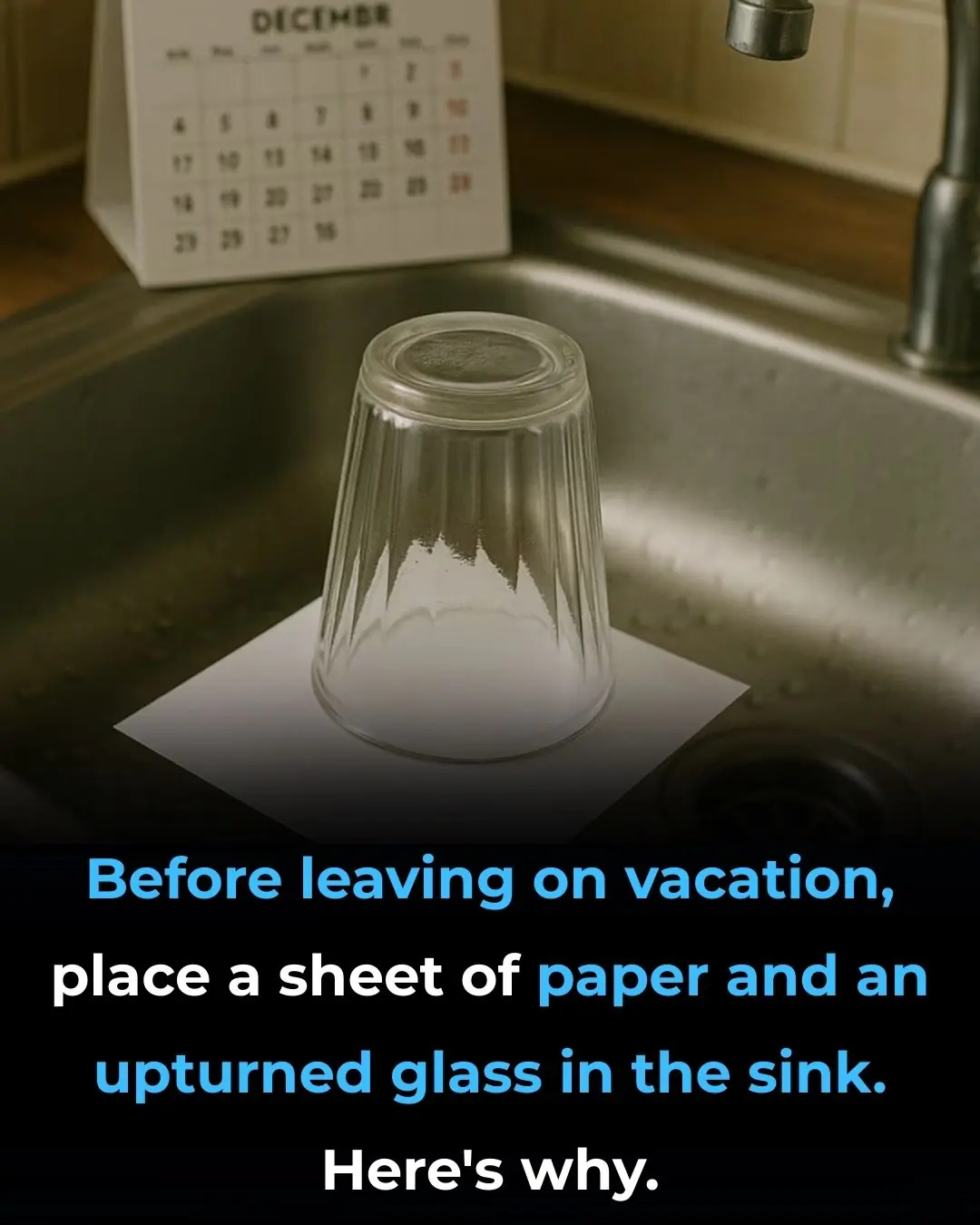
Sink Trick You Should Always Do Before Vacation

The Meaning of Having an Unmade Bed
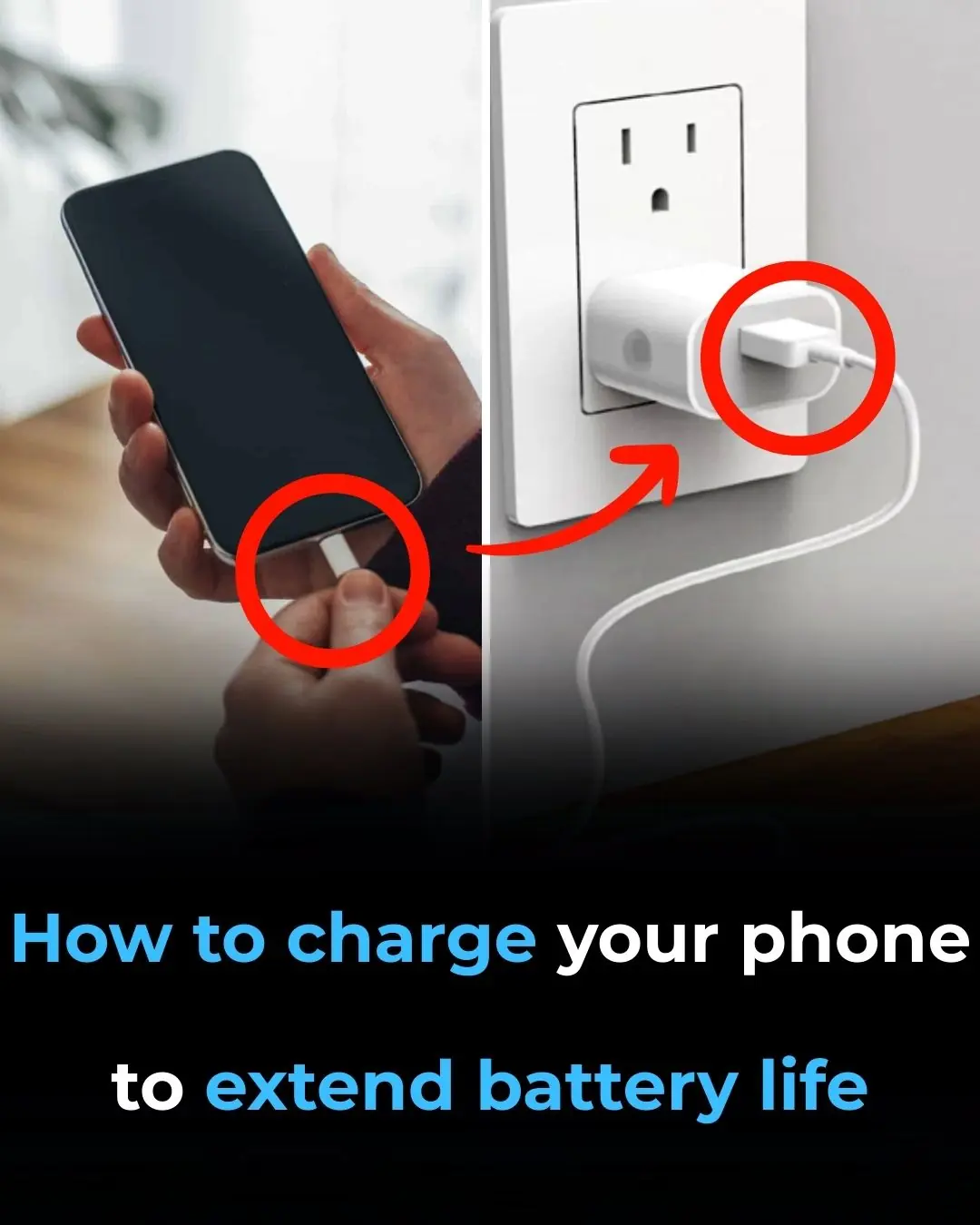
How to Charge Your Phone to Extend Battery Life

People Are Just Realizing Why Women’s Underwear Have A Bow On Front
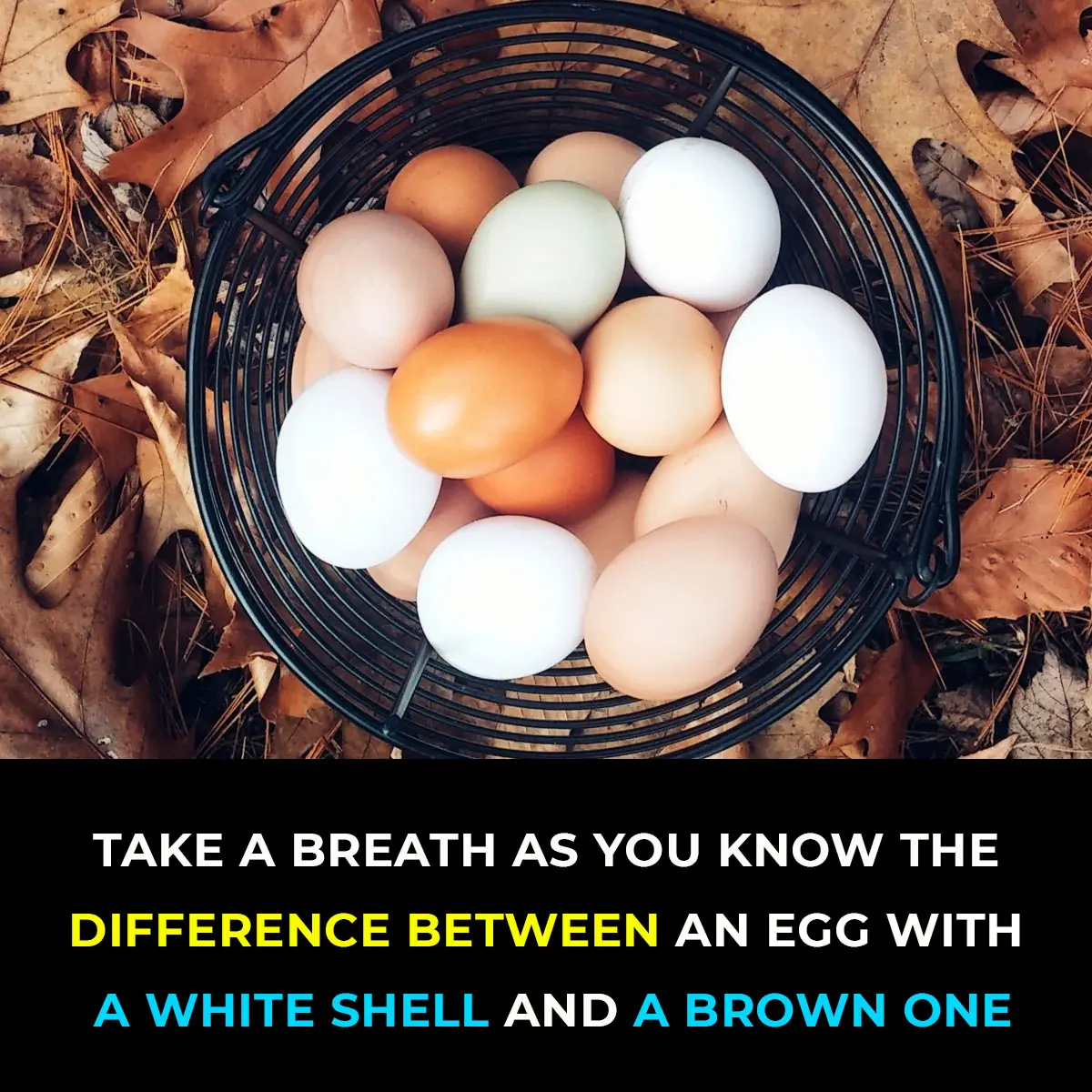
Brown vs. White Eggs: Which Should You Choose?

The Secret Behind the Pocket in Panties: What It Really Does for Your Comfort
It’s not a secret storage space but a carefully designed gusset that enhances hygiene, improves comfort, and makes your underwear last longer.

What Are Sebaceous Filaments and Why Are They on Your Face?
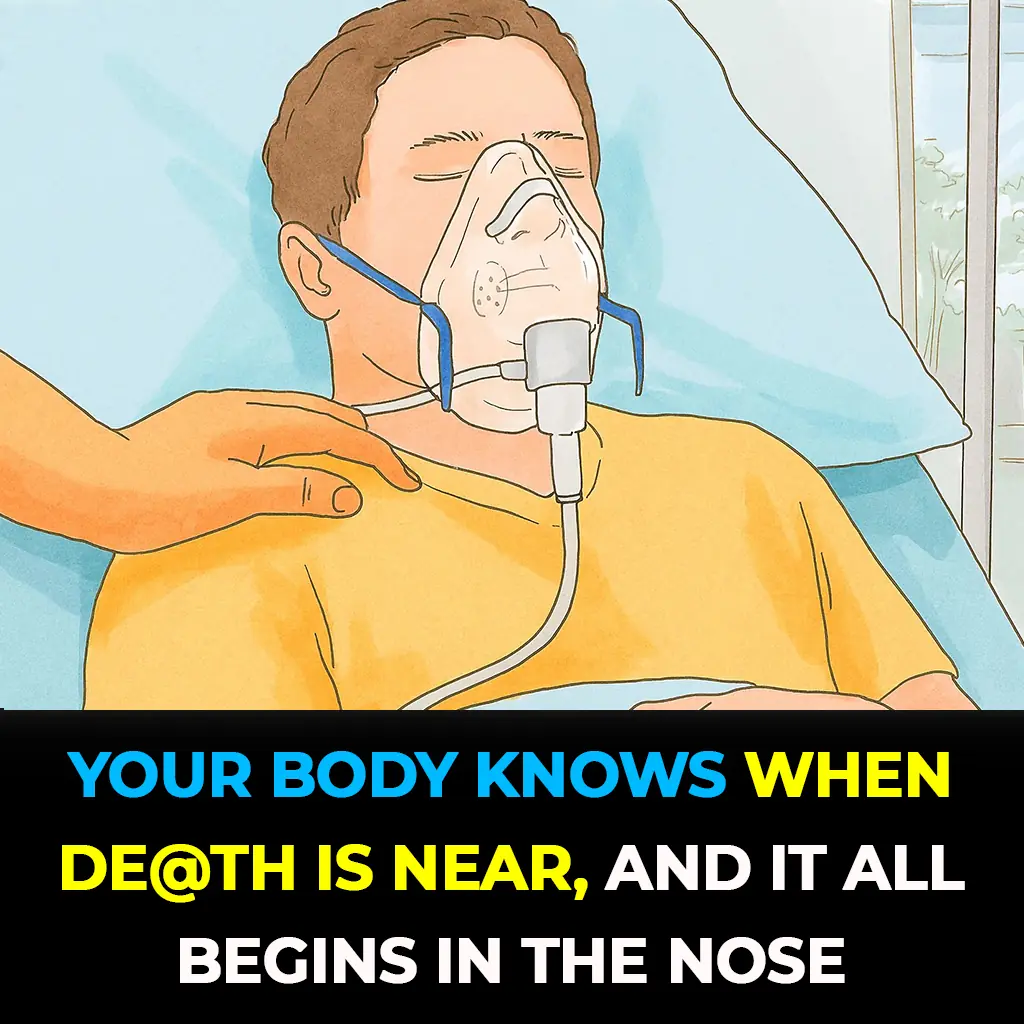
Can Humans Sense Death Approaching? Scientists Reveal the Sh0cking Truth
When life ends, the body immediately begins its natural process of decomposition

Citizens fear Alaskan capital could be swallowed under water following major glacier outburst

Scientists issue warning of 'The Big One' predicted to be one of the most extreme earthquakes in history
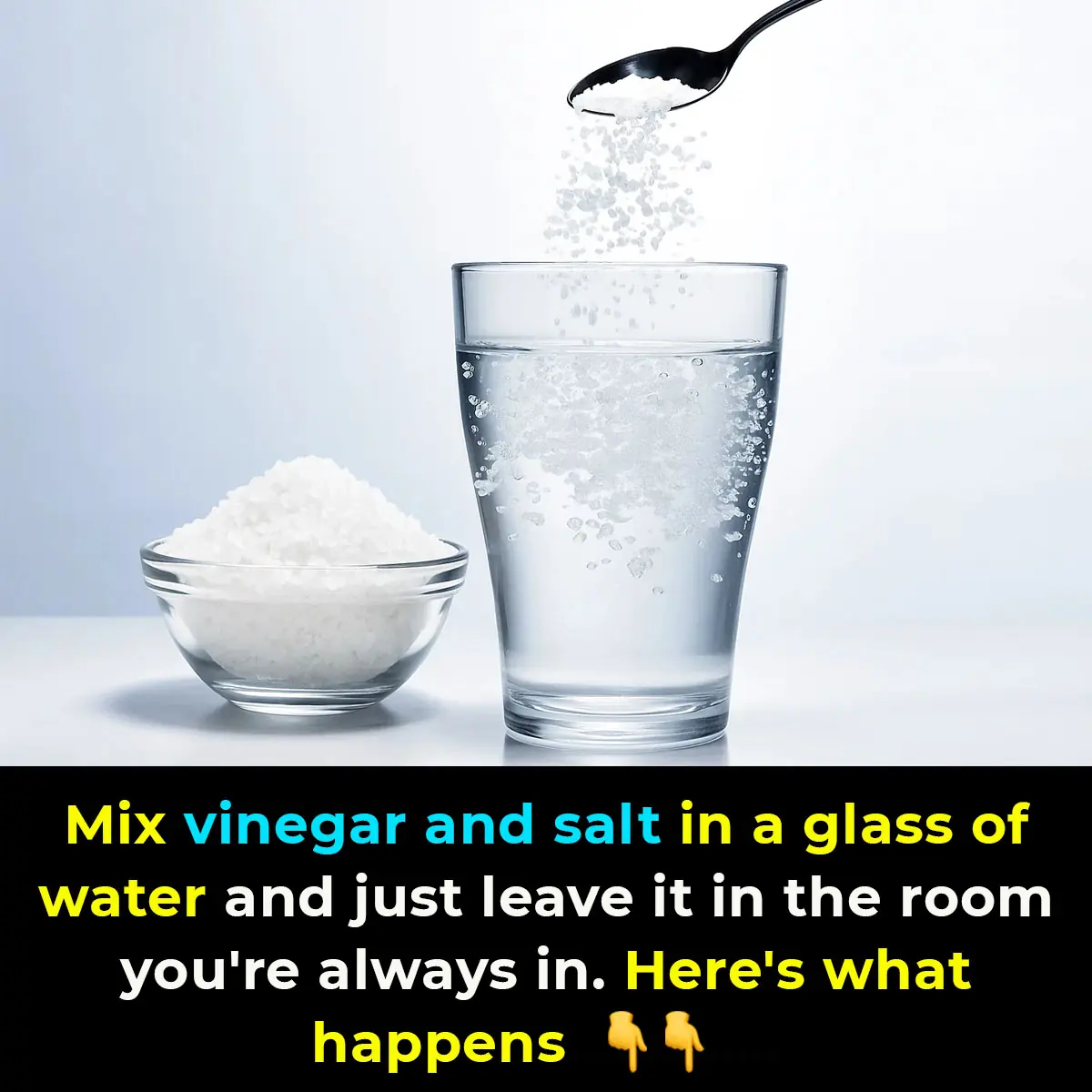
What Mixing Vinegar, Salt, and Water Does?

The Reason Some People Keep Lemons on Their Nightstand While Sleeping

Pick a Grandma to Discover Your Future Self

Death Doesn’t Exist And May Just Be An Illusion, According To Quantum Physics

I Di3d for 6 Minutes and Saw the Afterlife — What I Witnessed Still Haunts Me

How One Simple Button Can Cut Your Energy Costs in Half!
News Post

Woman employed by popular mobile network sues company after being 'forced' to do nothing for 20 years

Insane simulation shows crazy impact of eating popular superfood everyday has on your body
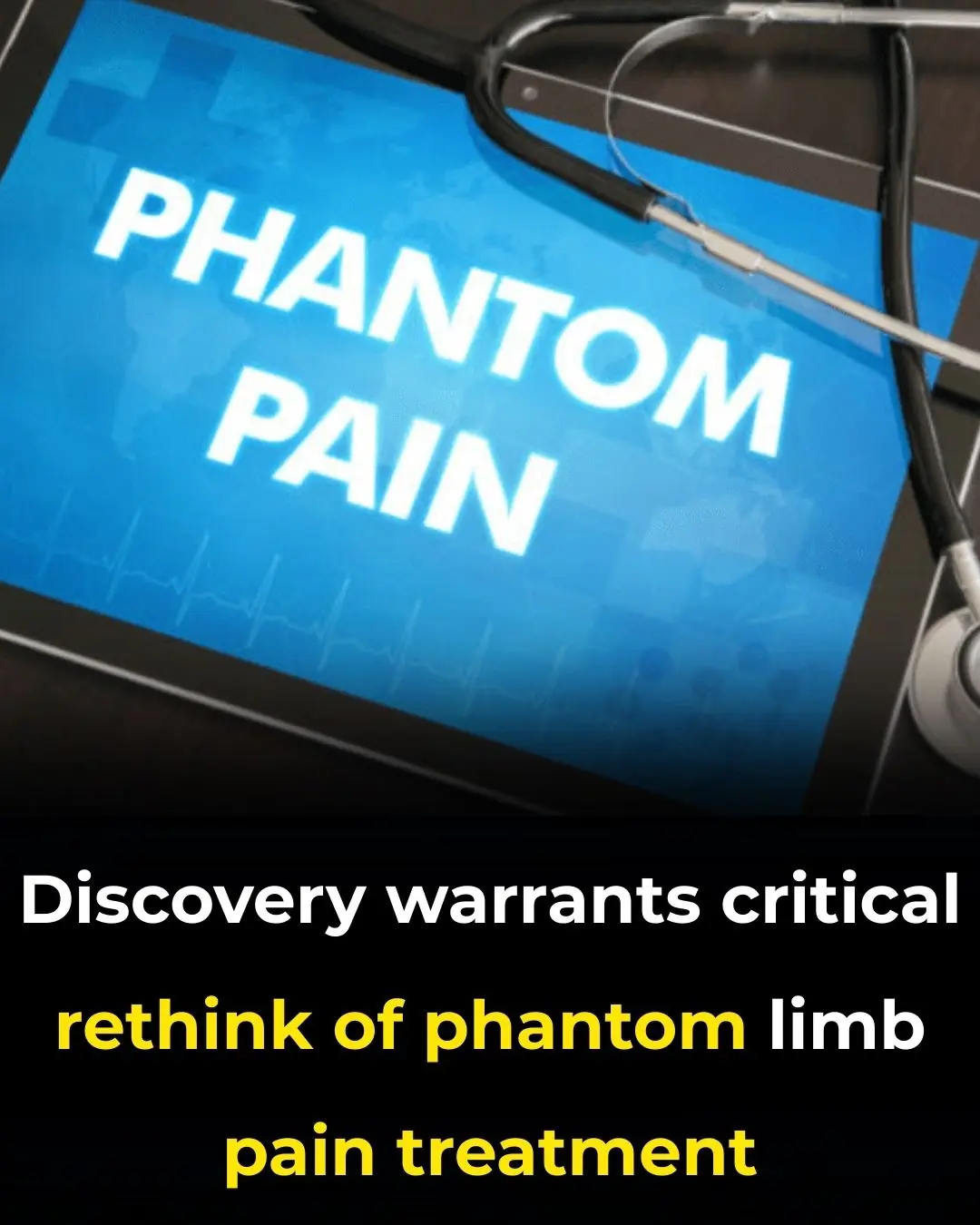
Discovery Warrants Critical Rethink of Phantom Limb Pain Treatment

Can UV Light Reduce Infections in Long-Term Facilities?

Secret tip: How to clean glossy tiles at home without spending a penny

If your air fryer is rusty: Just do this and the rust will be easily cleaned

The surprising benefits of coffee grounds, if you have them at home, never throw them away
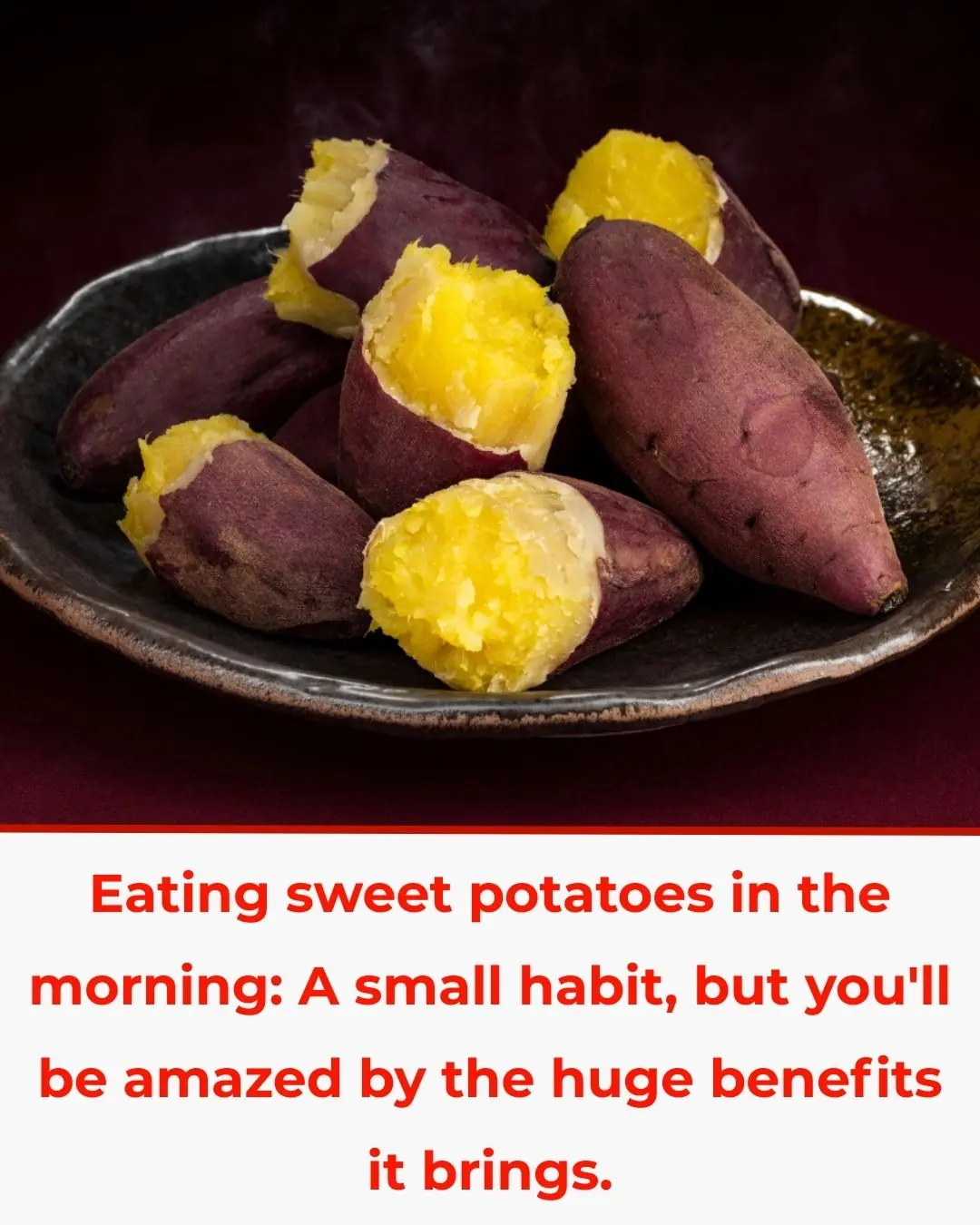
Eating sweet potatoes in the morning: A small habit, but you'll be amazed by the huge benefits it brings.
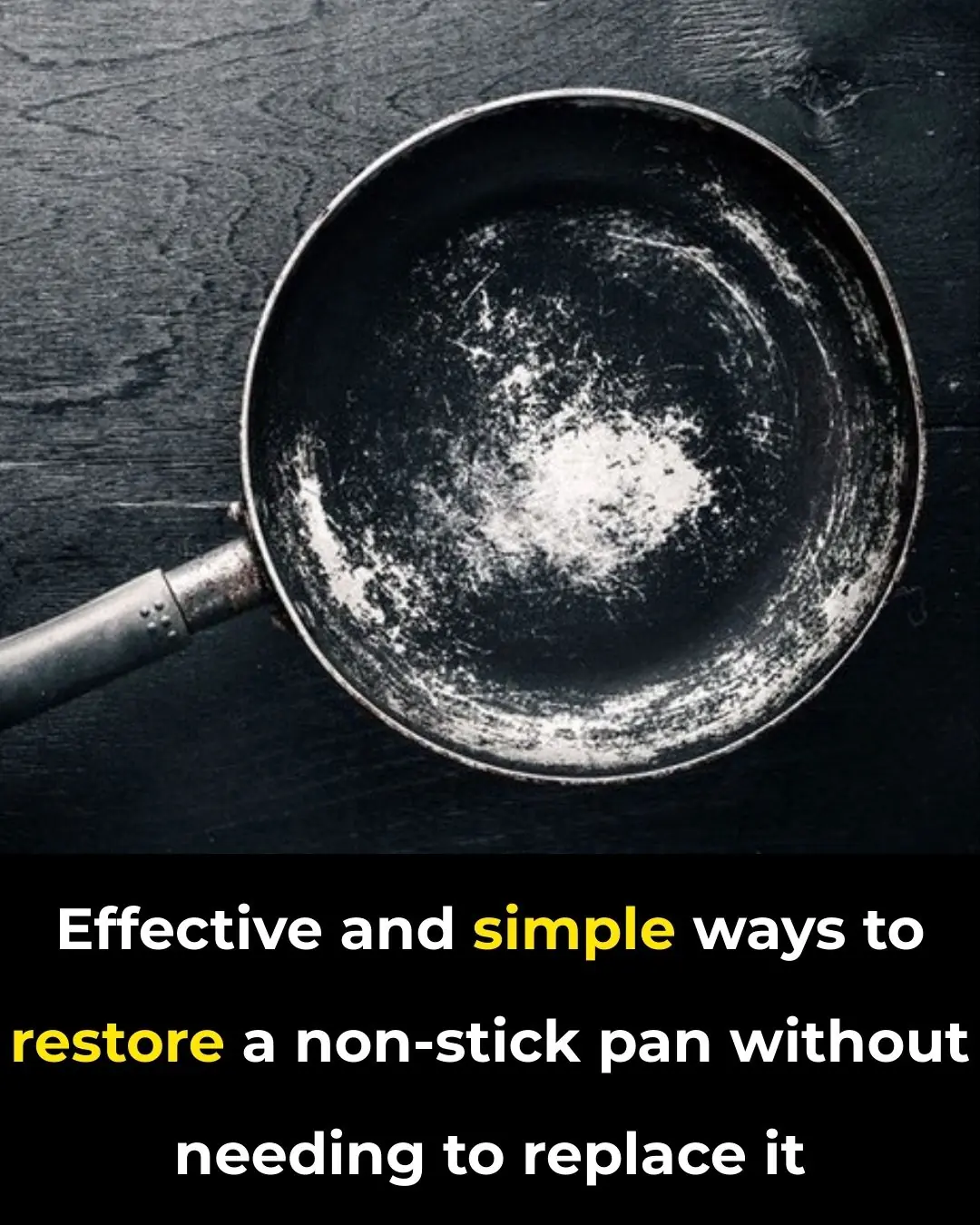
Effective and simple ways to restore a non-stick pan without needing to replace it
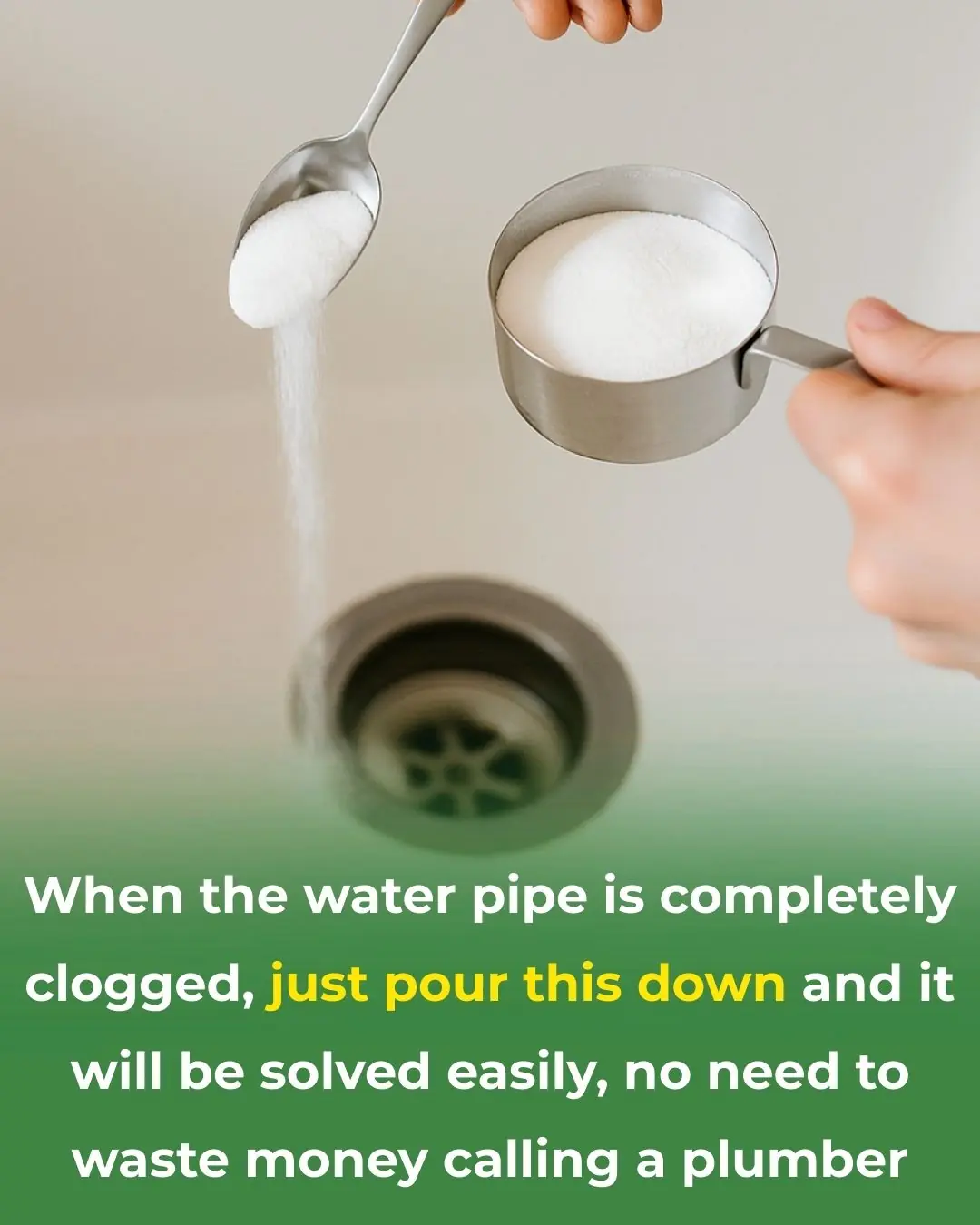
When the water pipe is completely clogged, just pour this down and it will be solved easily, no need to waste money calling a plumber.

Do you need to unplug the rice cooker after the rice is cooked? The answer is surprising.
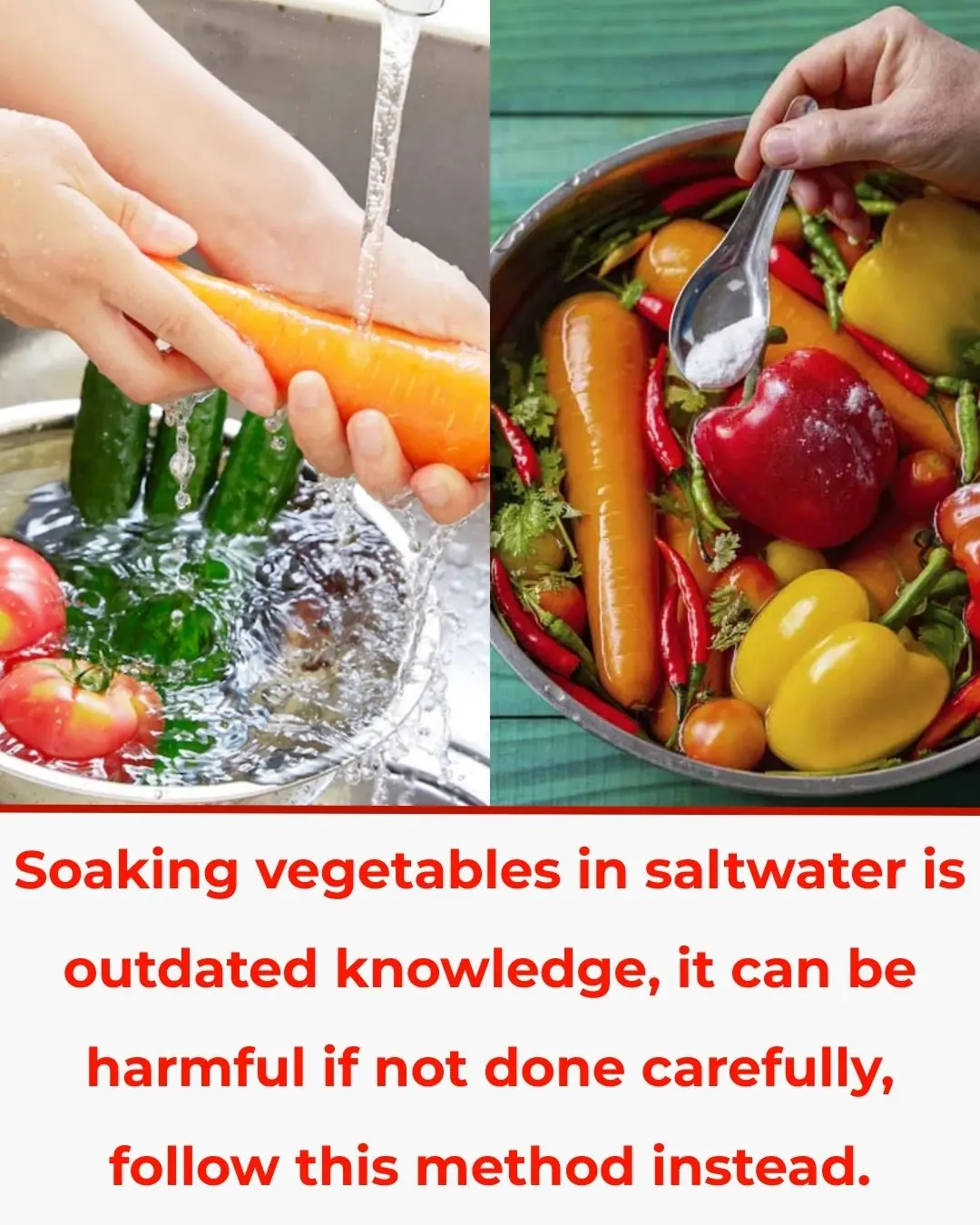
Why Soaking Vegetables in Saltwater Is Outdated

10 Ordinary Fruits With Amazing Health Benefits

9 Medications That Can Negatively Interact With Green Tea
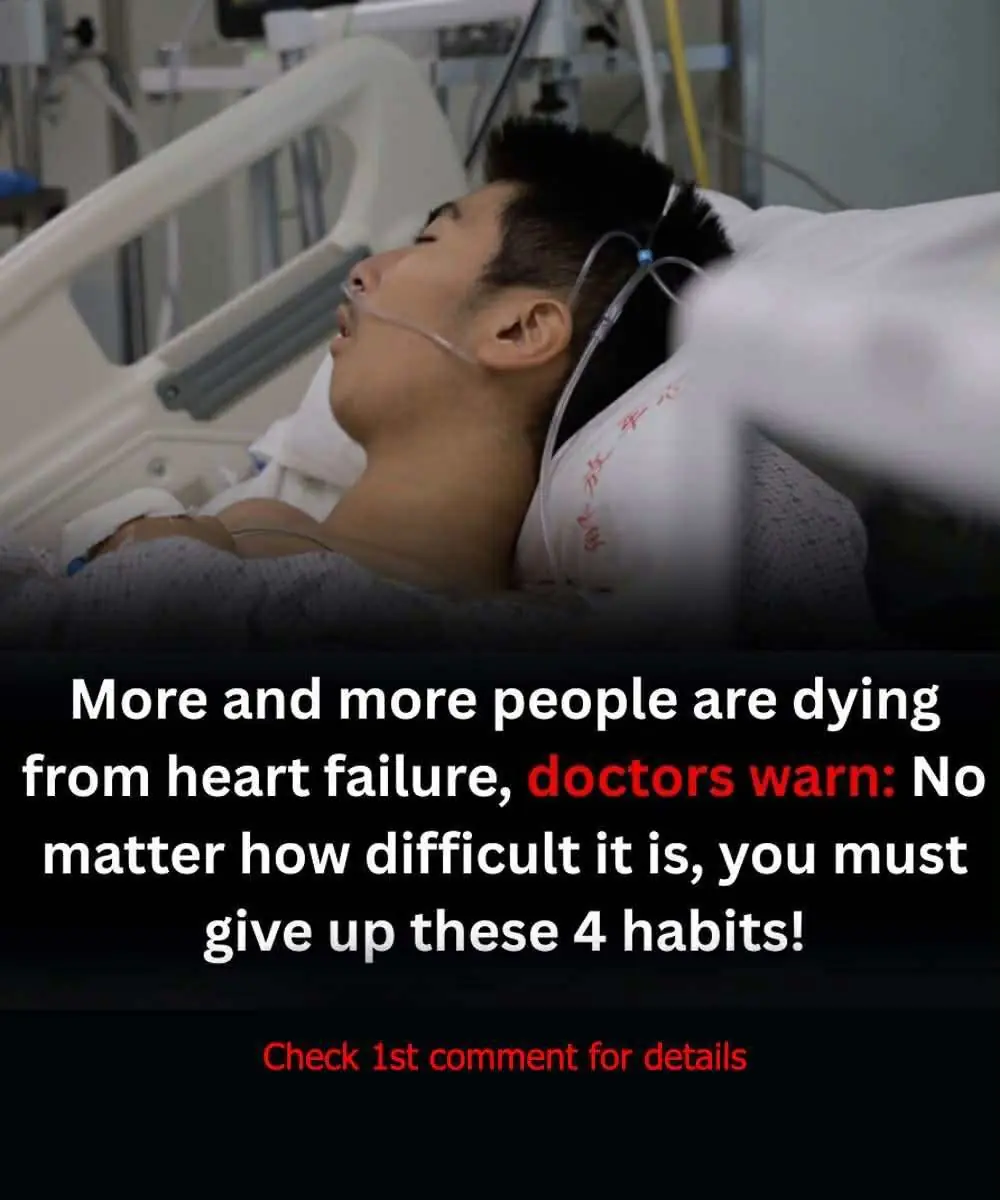
More people are dying from heart failure, doctors warn: give up these 4 habits now

How to Get Rid of Lizards: Effective Natural Ways that Really Work

How to Keep Snakes Away: Effective Snake Repellents

Indiana Woman Arrested After Traveling To DC To Kidnap And Assassinate Trump

Healthy Man Shares the Unexpected Bathroom Symptom That Exposed His Bowel Cancer
When 38-year-old Dave Paxton noticed his stool had turned darker than usual, he had no idea this small sign would lead to a devastating cancer diagnosis—one so rare that only 22 people in the world have ever had it.